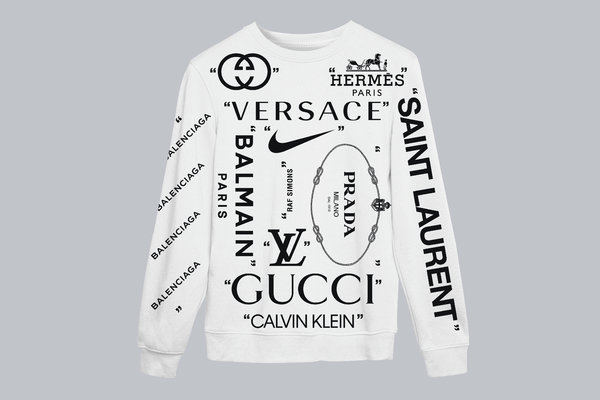In 2015, the beauty retailer Sephora made its brand tagline “Let’s Beauty Together,” switching away from a prior mantra, “The Beauty Authority.” Its senior vice president for marketing and brand, Deborah Yeh, explained the tagline several years later: “Beauty is diverse and has many voices and faces,” she said. “We believe it’s for our clients to define and for us to celebrate.”
In late April, the R&B star SZA, who is black (and has said she worked at Sephora before she made it as a musician), reported that a Sephora employee in Calabasas, Calif. had “called security to make sure I wasn’t stealing.” The news threatened to upset that carefully honed, diversity-focused image, which has resonated with the brand’s young American customers.
On Wednesday, Sephora will close all of its stores in order to host a “one-hour inclusivity workshop” for employees at retail locations, distribution centers and corporate offices in the United States. The brand announced these plans in the caption of a Facebook video several weeks ago. Separately, the brand apologized to SZA, and said it was “working with our teams to address the situation immediately.”
The training comes in tandem with the release of a Sephora “manifesto,” entitled “We Belong to Something Beautiful,” that is meant to outline the brand’s commitment to championing diversity and self-expression. “While it is true that SZA’s experience occurred prior to the launch of the ‘We Belong to Something Beautiful’ campaign, the campaign was not the result of this Tweet,” said a statement released by Sephora. “However, it does reinforce why belonging is now more important than ever.“ The company had been planning the one-hour workshop for its 16,000 employees for more than six months, the statement explained.
Normal store hours will resume, the company said, following the workshop.
The Sephora training follows a series of racist choices made by fashion and beauty companies, and by the retailers that sell their wares. In 2014, Barneys New York agreed to pay $525,000 in costs, fees and penalties after a nine-month investigation by the state attorney general, Eric T. Schneiderman, found that the store profiled customers by race. (The inquiry was triggered by complaints from two black patrons who described being detained after making expensive purchases.)
In recent years, brands have moved sometimes quickly, sometimes slowly to address public response to racism. Prada and Gucci, which both released racist products, took public steps to show their penitence. Prada created a diversity and inclusion council, led by Ava DuVernay, the film director, and Theaster Gates, the visual artist, in response to its crisis. Gucci hired regional and global managers for diversity and inclusion; created a multicultural design scholarship; and participated in a town hall in Harlem that was organized by designer and Gucci collaborator, Dapper Dan.
SZA’s experience stood out given that Sephora is owned by the luxury group Moët Hennessy Louis Vuitton LVMH, which has received a lot of attention for its focus on diversity. It hired Virgil Abloh as artistic director of Louis Vuitton men’s wear, and set up Rihanna in her own brand, Fenty.
Sephora USA had about 10,000 employees as of September, 2018. That makes it one of the larger companies to shut down temporarily in order to hold some form of diversity training. In May 2018, Starbucks closed more than 8,000 company stores in order to conduct racial bias training after two black men were arrested on charges of trespassing at a location in Philadelphia.
Frank Dobbin, a Harvard sociologist who has studied diversity and discrimination in business, said that more than a thousand studies had shown that short-term interventions that last only half of a day, a day or even a week, were ineffective in changing people’s unconscious biases.
“When this is the only thing that a company does, we know it’s not going to have much of an effect,” he said. “Usually the leaders are trying to send a signal to the world that they’re trying to do something.”
However, when paired with other changes, like task forces and mentoring programs for women and groups of people who make up a minority in the workplace, such trainings could make a difference, he said.
Sephora’s statement said that the hourlong store closure was “part of a long journey in our aspiration to create a more inclusive beauty community and workplace, which has included forming employee resource groups, building Social Impact and philanthropic programs, and hosting inclusive mindset training for all supervisors.”
With the rise of online retail, brands like Sephora have doubled-down on providing in-store services and have won a generation of customers. Those customers want edgier products and, along with them, a focus on principles like diversity and inclusion, said Erwan Rambourg, an analyst at HSBC who focuses on LVMH.
“Look at the success they had with Fenty,” Mr. Rambourg said, referring to the line of makeup developed by Rihanna that was originally sold at Sephora. “Arguably the product wasn’t revolutionary, but the sales were.”
Vanessa Friedman contributed reporting.








